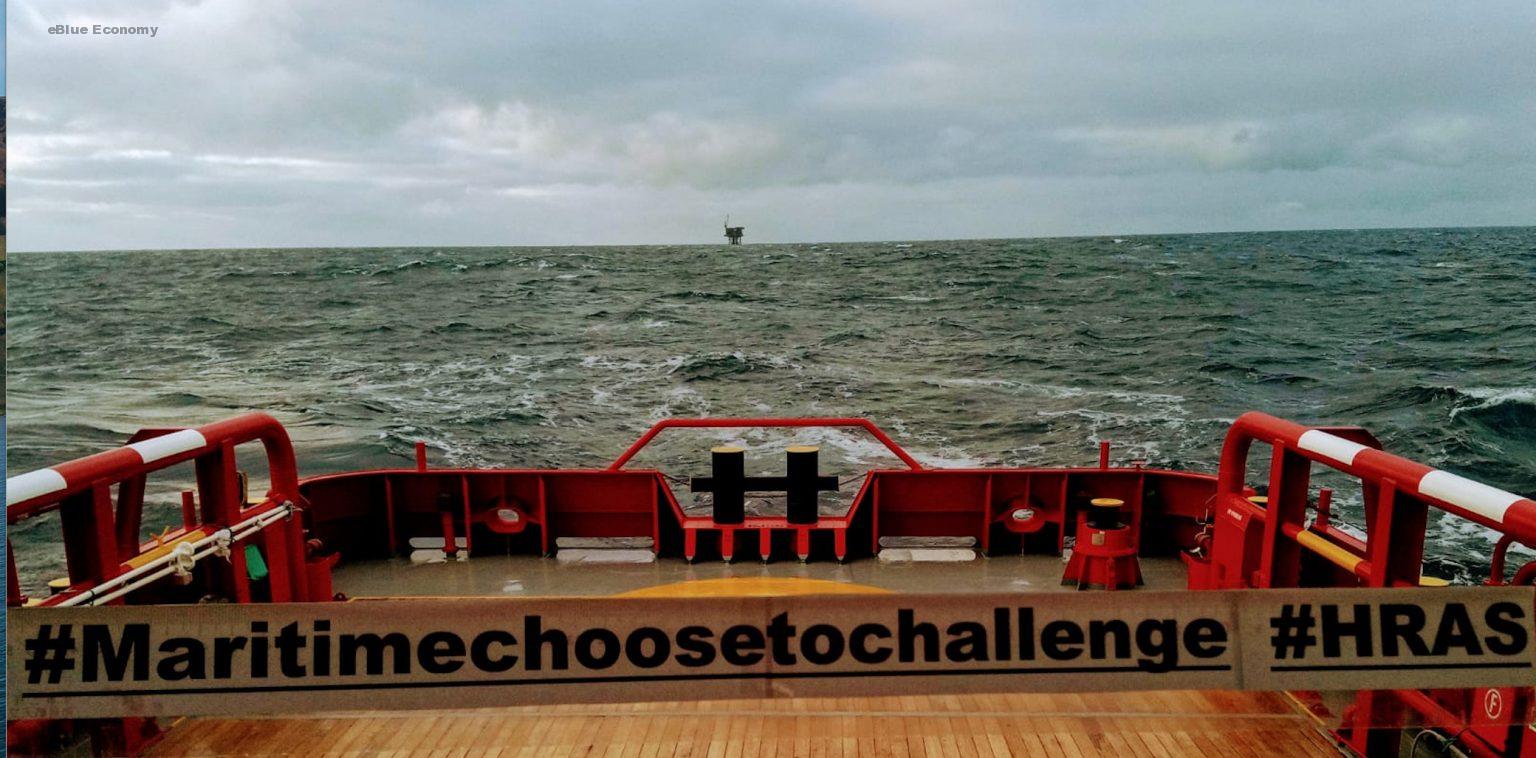London.UK. Today marks International Women’s Day, a global day celebrating the social, economic, cultural and political achievements of women. The day also marks a call to action for accelerating gender parity, which in the case of the maritime industry, remains an issue not yet satisfactorily tackled. Achieving gender parity in the maritime industry will require addressing conscious and unconscious gender biases
An example of a conscious and unconscious bias is inherent to the UK legislation, the 1984 Merchant Shipping Act, which uses the term ‘seamen’ instead of ‘seafarers’ reflecting a bias as to the gender of maritime professionals. From challenge comes change, so challenging terminologies that seemingly favour men over women can positively change the narrative and perception.
Human Rights at sea has been raising awareness of the need for gender parity in the maritime industry since 2015 celebrating women seafarers and women at sea.
Most recently, Joanne Rawley, a seafarer and a member of Human Rights at Sea Non-Executive Board, offered a compelling account and a reality check on diversity and inclusion on what still seems to be a rather male-dominated maritime profession.
Joanne, who is currently at sea, comments: “Thank you to the women that have smashed through the glass ceilings before us and to the men and women that helped them do it. We need unity, compassion and inclusive teamwork, not division and discrimination”
Fiona Laurence, Chair of Trustees stated: “Human Rights at Sea today celebrates the women and the men who champion the cause for a more inclusive and diverse maritime profession and work hard to raise awareness on issues of gender equality and gender diversity at sea and onshore. The Covid-19 pandemic further highlighted the challenges seafarers and fishers are facing and it is now more than ever before, that we will continue to work collaboratively to ensure women are included, respected, promoted and celebrated”.
press release















